In the rapidly evolving world of blockchain and cryptocurrency, Bitcoin remains a seminal force. At the heart of its operations is a powerful yet often overlooked component—the Bitcoin Remote Procedure Call (RPC) API. This crucial tool enables developers and tech enthusiasts to interact with the Bitcoin blockchain in profound and impactful ways. Whether you’re a seasoned blockchain developer, an Ethereum aficionado, or a tech enthusiast keen on understanding the nuts and bolts of cryptocurrency technologies, this guide is crafted to demystify the Bitcoin RPC API for you.
Understanding the Role of RPC in Bitcoin
The Essence of RPC
RPC stands for Remote Procedure Call, a protocol that allows a program on one computer to execute a code on another machine without having to understand the intricacies of network communication. In essence, it’s a bridge allowing seamless communication between different systems.
RPC vs. Other APIs
While APIs (Application Programming Interfaces) are a broad category enabling various forms of interaction between different software components, RPC zeros in on invoking procedures across distinct domains. It’s more about the action—calling functions remotely—than just interfacing.
Why RPC Matters in Blockchain
Blockchain technologies, with their decentralized architectures, rely on RPC for effective node communication and management. For Bitcoin, RPC plays a vital role in executing commands like transactions processing, wallet management, and querying blockchain data.
Delving into Bitcoin RPC API
Defining the Bitcoin RPC API
The Bitcoin RPC (Remote Procedure Call) API is an essential collection of commands that enable developers to interact seamlessly with the Bitcoin client software. It’s designed to offer a direct and efficient method for querying information from the blockchain, sending transactions, and managing user wallets, thereby serving as a crucial interface for developers.
Core Features and Capabilities
The versatility of the API’s capabilities is vast, extending from conducting basic blockchain inquiries to facilitating the crafting of advanced transactions and monitoring the network’s health and activity. For developers aspiring to build applications or services that tap into the Bitcoin network, this API provides a comprehensive toolkit. It allows for the integration of Bitcoin’s functionalities into new or existing software, making it an invaluable asset for innovating within the crypto space. With its robust set of features, developers can not only query blockchain data but also control wallet functions, execute transaction manipulations, and observe the network in real-time, ensuring a rich development environment for blockchain-based projects.
How Bitcoin RPC API Functions
Operational Dynamics
The Bitcoin Remote Procedure Call (RPC) API utilizes the HTTP protocol, employing straightforward text messages to issue commands coupled with JSON payloads to meticulously structure both requests and responses. This fundamental simplicity is what renders the system both incredibly powerful and remarkably accessible to developers across various skill levels. By leveraging such a design, the API ensures that intricate blockchain operations can be executed with ease, facilitating a wide array of applications.
Example Commands
Several commands highlight the API’s versatility and user-friendly nature. For instance, the `getblockchaininfo` command is instrumental for retrieving detailed status information about the blockchain, such as the current number of blocks and the level of difficulty for mining new blocks. On the other hand, the `sendtoaddress` command simplifies executing transactions by allowing users to specify an address and amount, thereby initiating a transaction directly on the blockchain. These examples serve to illustrate how the API provides direct, simplified access to complex blockchain operations, enabling developers to create robust integrations and applications without needing to navigate the underlying technical complexities of blockchain technology.
Practical Uses and Examples
Real-world Applications of Bitcoin RPC API
The Bitcoin RPC API is instrumental across a diverse range of blockchain-based projects, stretching from wallet services and payment processors to sophisticated analytics platforms and robust security tools. Its unparalleled utility in automating and streamlining the management of blockchain interactions makes it an indispensable tool for developers in the blockchain space.
In-depth Exploration of Noteworthy Use Cases
One compelling use case is a custom transaction service that leverages the Bitcoin RPC API to dynamically create, sign, and broadcast transactions in response to external triggers. This illustrates the API’s ability to facilitate complex, automated financial operations with high efficiency and security.
Another significant application is a blockchain monitoring tool that utilizes RPC commands to meticulously track block confirmations and assess the overall health of the network. This use case highlights the API’s capacity for providing real-time insights and analytics, which are crucial for maintaining the integrity and performance of blockchain systems.
Weighing Pros and Cons
Advantages at Hand
The Bitcoin RPC API’s direct line to the Bitcoin core enables precise control over blockchain interactions, fostering innovation and efficiency in application development. Its standardized command set simplifies the learning curve for new developers.
Challenges and Hurdles
However, potential security concerns arise from improper API use, and the necessity for up-to-date operational knowledge can be daunting. The API’s performance and capabilities may also vary with network conditions and software versions.
Embarking on Your Bitcoin RPC API Journey
Setting Up
Initiating the journey with the Bitcoin RPC API requires several steps, starting with the establishment of a Bitcoin node. This foundational step is crucial as it lays the groundwork for future API interactions. Once the node is up and running, the next crucial phase is configuring it specifically for API access. This configuration involves setting up authentication protocols to ensure secure connections and adjusting network settings to optimize performance. It’s important to emphasize the need for a secure and stable environment, as this directly impacts the effectiveness of development efforts and the safety of transactions and data.
Learning Resources
The Bitcoin developer community is an invaluable asset for anyone diving into the world of Bitcoin development. It offers a wealth of comprehensive documentation that covers the ins and outs of working with the Bitcoin RPC API, from basic setup to advanced features. Beyond documentation, the community also provides detailed tutorials that guide developers through common scenarios and challenges, offering practical, hands-on experience. For issues that may arise during development, forums serve as a platform for troubleshooting, where developers can seek advice and share solutions. Engaging with these community resources not only accelerates the learning curve but also fosters a sense of belonging among Bitcoin developers, encouraging collaboration and innovation.
Conclusion
The Bitcoin RPC API stands as a testament to the flexibility and depth of blockchain technologies. For developers and tech enthusiasts eager to explore the frontier of cryptocurrency, mastering the Bitcoin RPC API opens up a world of possibilities. Its blend of simplicity, power, and direct access to the Bitcoin network makes it an essential tool in the blockchain developer’s arsenal. Whether aiming to innovate within the space or simply seeking to understand the mechanics of Bitcoin, the RPC API is your gateway to the blockchain universe.
FAQ Section
- What does the Bitcoin RPC API do?
- It enables developers to programmatically interact with the Bitcoin blockchain, offering functionalities like querying data, managing wallets, and sending transactions.
- How can developers interact with the Bitcoin blockchain using the Bitcoin RPC API?
- By sending HTTP requests with specific commands from the Bitcoin RPC command set, developers can execute a wide range of blockchain operations directly through the Bitcoin node software.
- Is there a preferred programming language for implementing the Bitcoin RPC API?
- While the API itself is language-agnostic, many developers prefer languages like Python, JavaScript (Node.js), or PHP for their simplicity and extensive HTTP support.
- Can you list some commonly used Bitcoin RPC API commands and their functions?
- `getblockcount`: Returns the number of blocks in the longest blockchain.
- `getwalletinfo`: Provides information about the wallet.
- `listtransactions`: Lists recent transactions.
- `sendtoaddress`: Sends a specified amount of Bitcoin to a given address.
- What security practices are recommended when using the Bitcoin RPC API?
- Secure your API access with strong authentication; use HTTPS for communication; limit API access to trusted IPs; and regularly review and update permissions.
- Are there different configurations of the Bitcoin RPC API for development versus production use?
- Yes, configurations may vary, especially regarding security settings and API access controls. It’s critical to employ stricter security measures in a production environment.

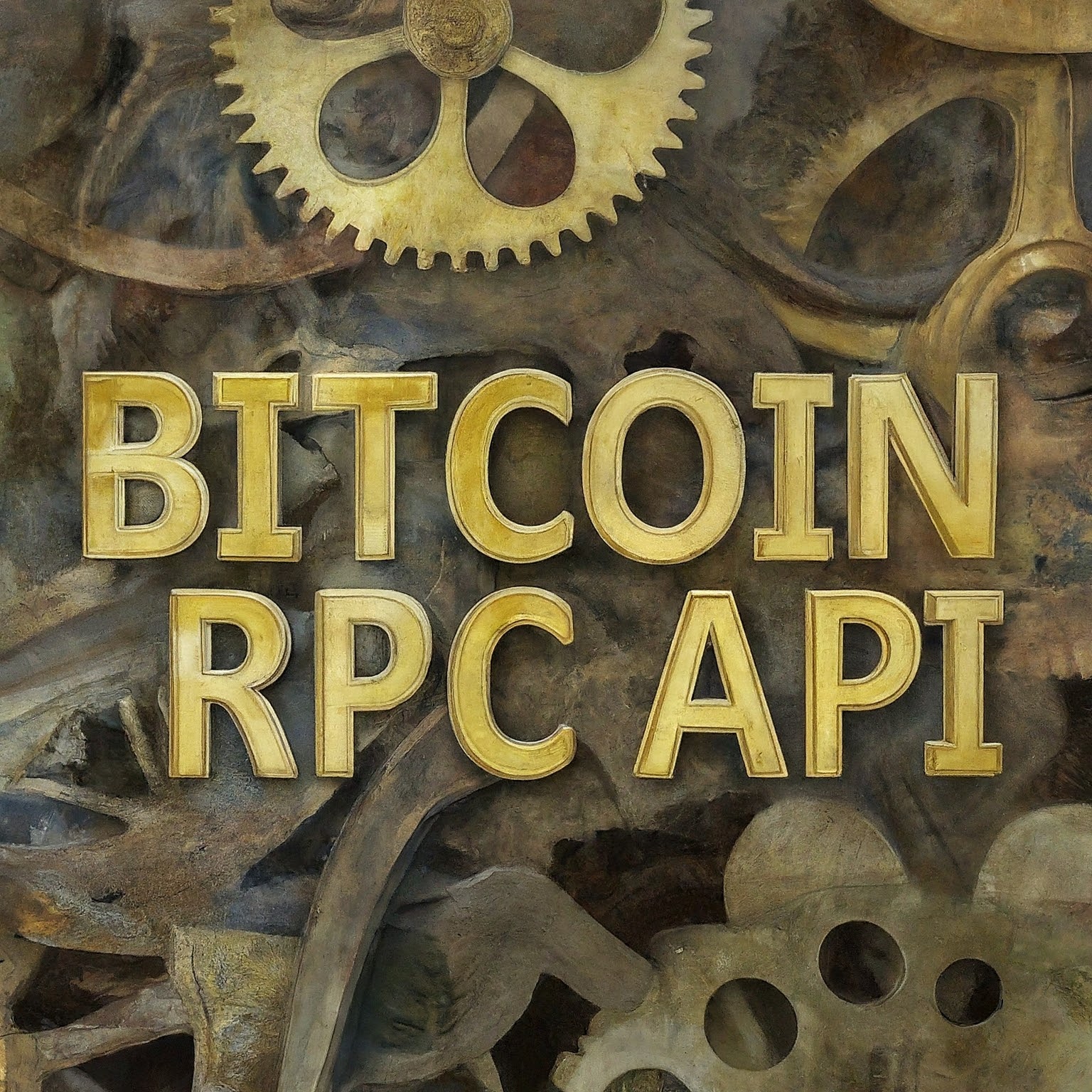

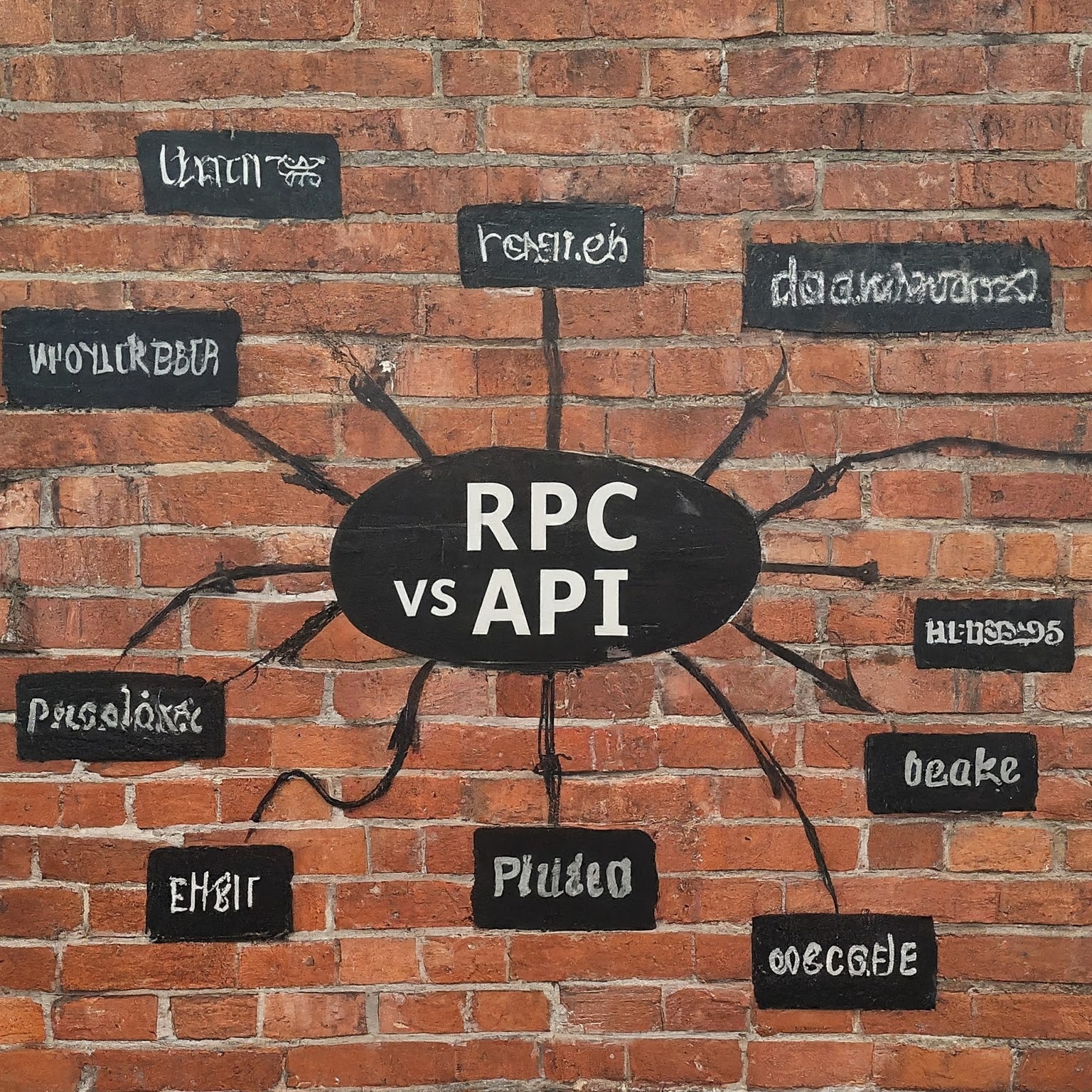

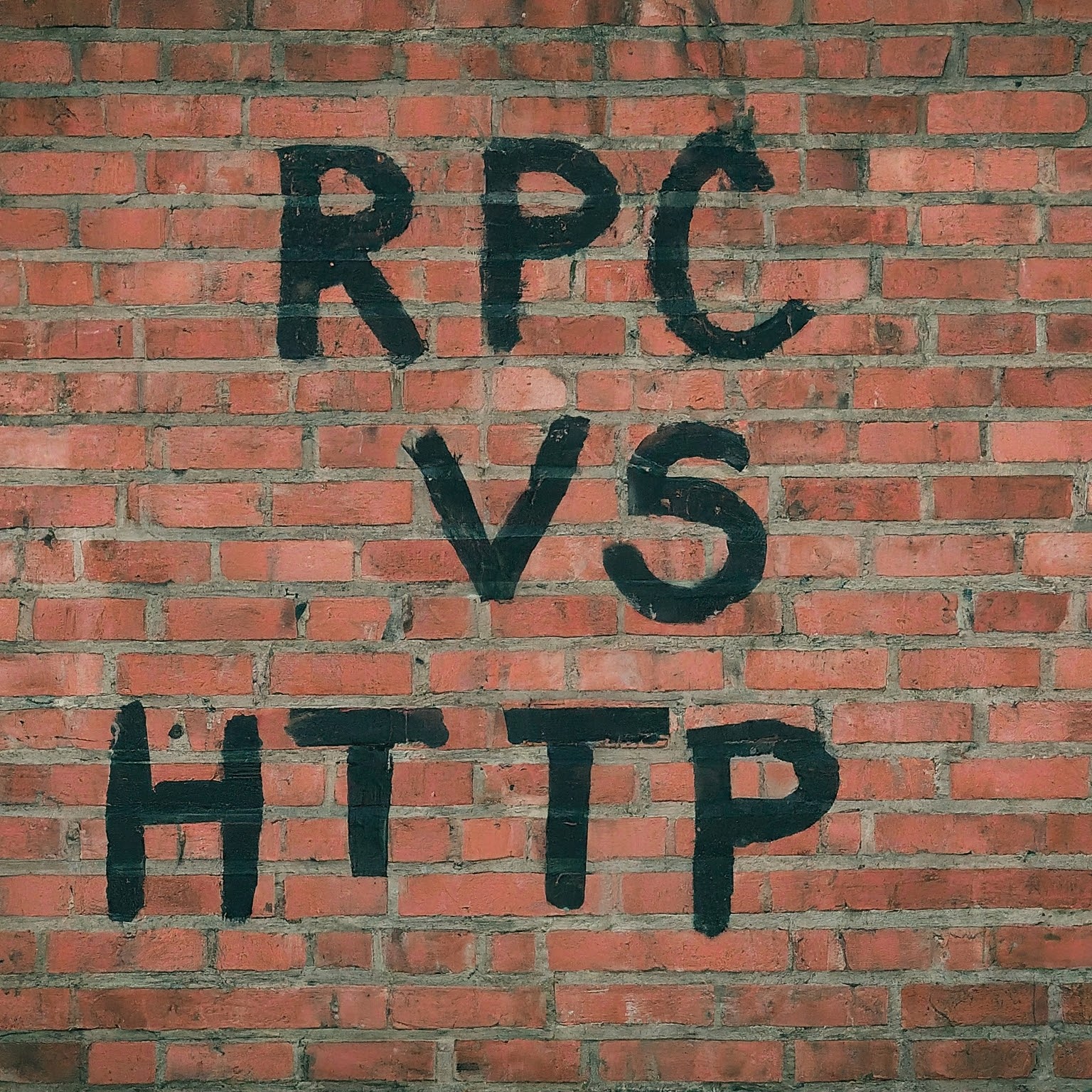


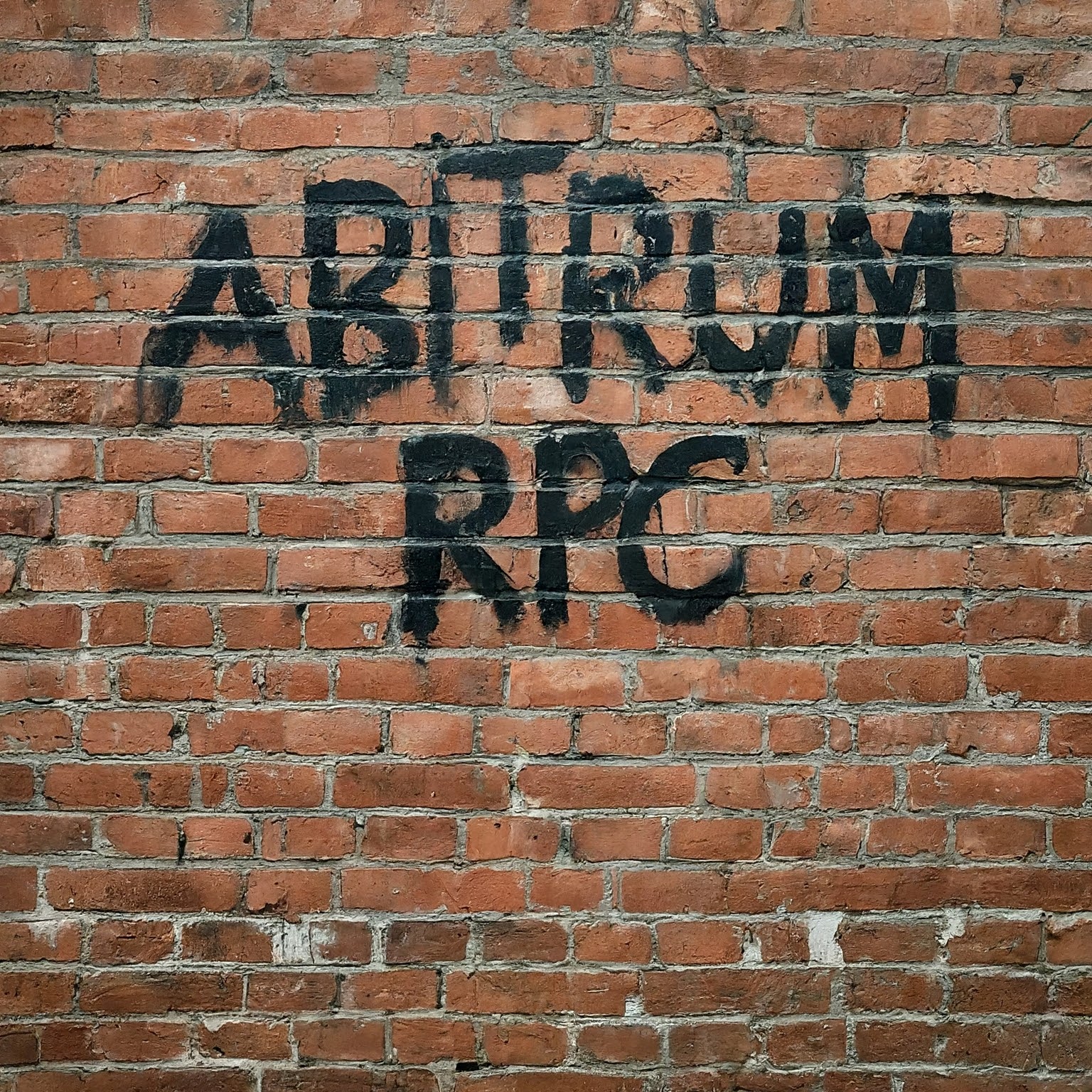

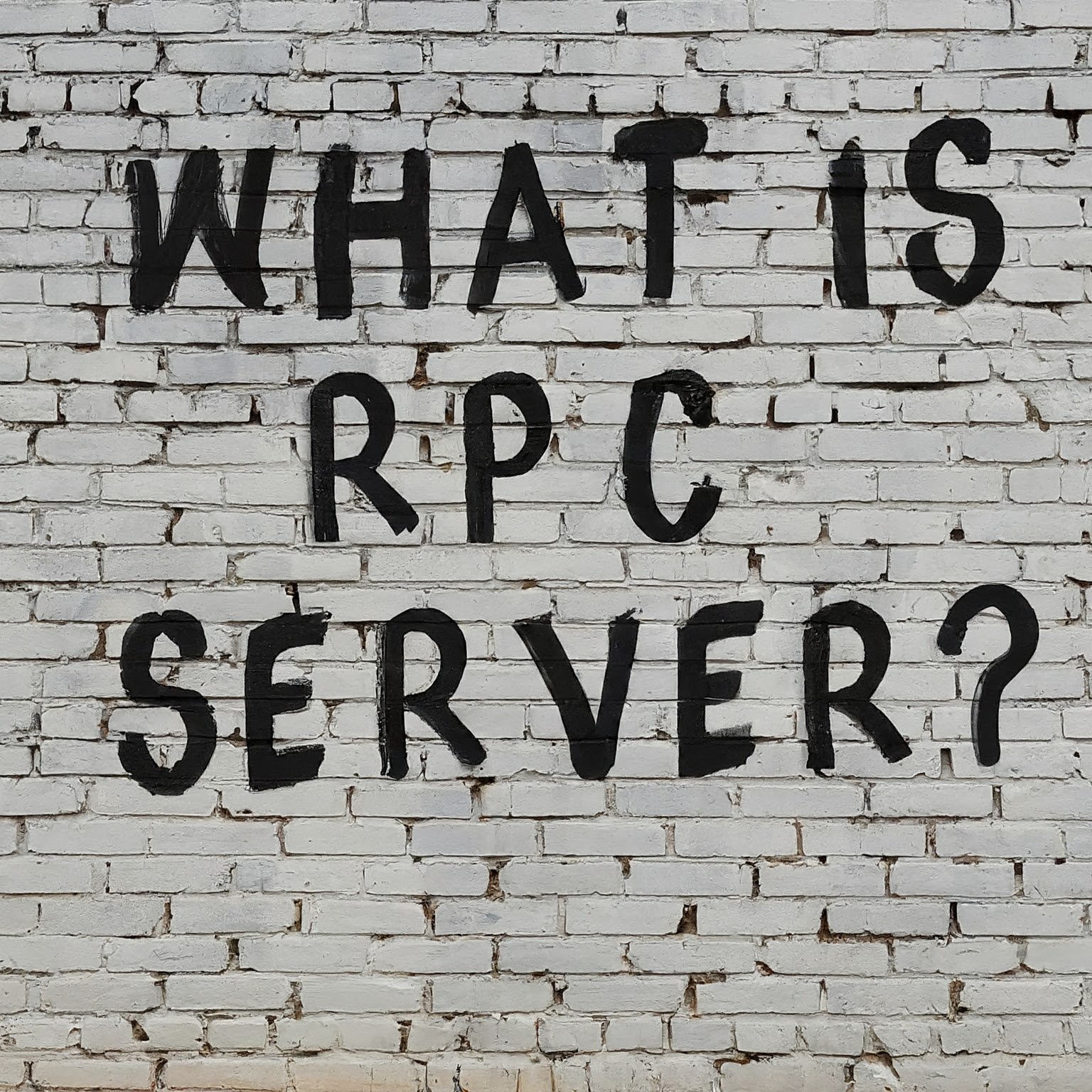
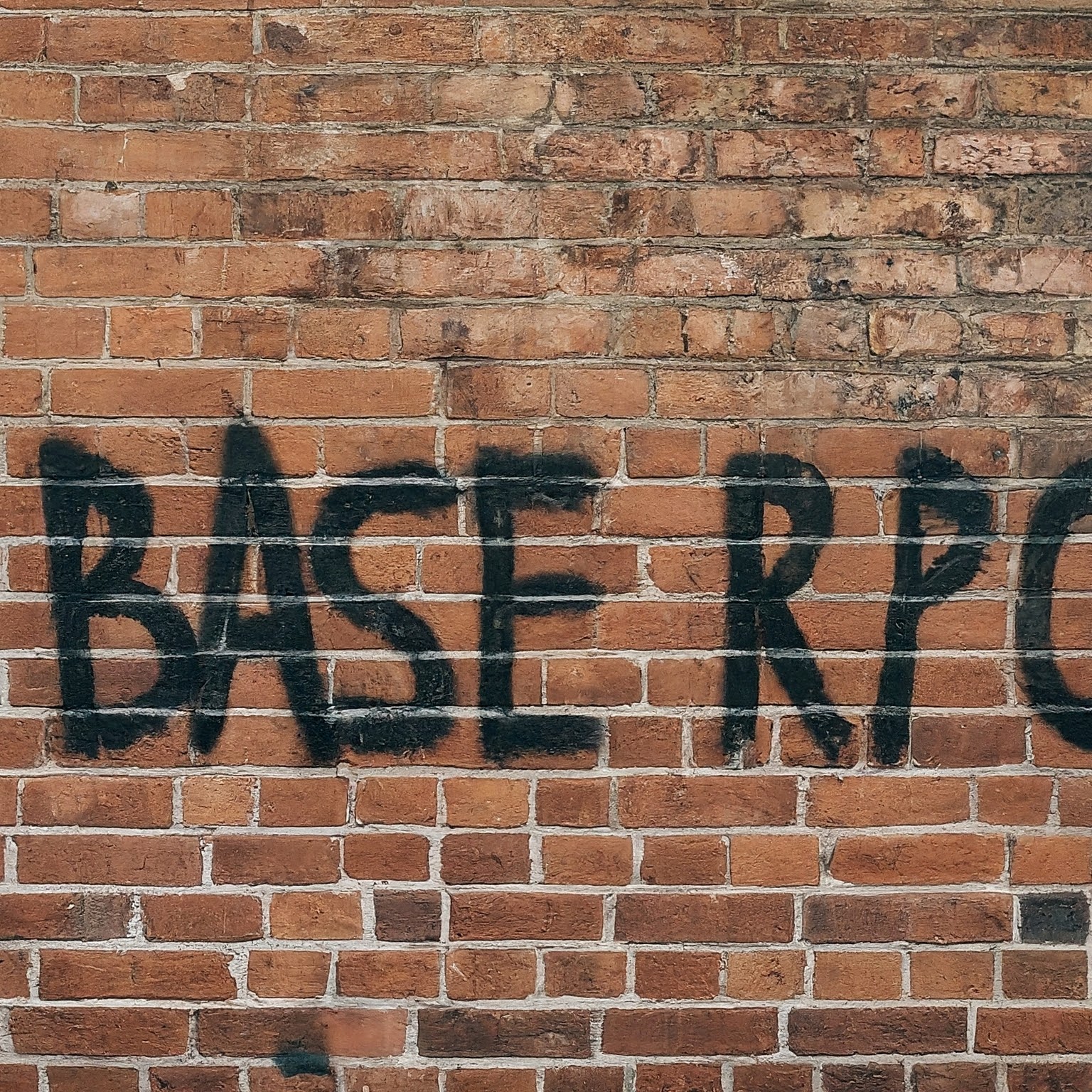
Leave a Reply
You must be logged in to post a comment.